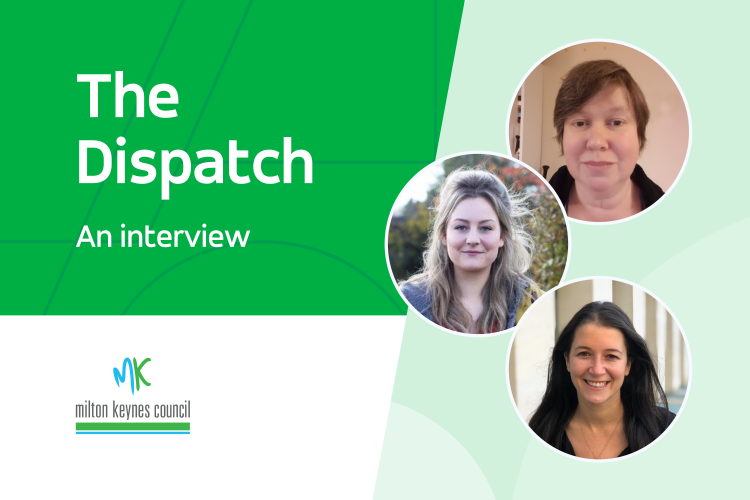The British city revolutionising local transport with DRT
- Like
- Digg
- Del
- Tumblr
- VKontakte
- Buffer
- Love This
- Odnoklassniki
- Meneame
- Blogger
- Amazon
- Yahoo Mail
- Gmail
- AOL
- Newsvine
- HackerNews
- Evernote
- MySpace
- Mail.ru
- Viadeo
- Line
- Comments
- Yummly
- SMS
- Viber
- Telegram
- Subscribe
- Skype
- Facebook Messenger
- Kakao
- LiveJournal
- Yammer
- Edgar
- Fintel
- Mix
- Instapaper
- Copy Link
Posted: 9 June 2021 | Via | No comments yet
Listen to Via’s podcast with Adele Wearing, Strategic Lead for Passenger Transport at Milton Keynes Council, and Councillor Lauren Townsend on how the city is providing efficient, cost-effective transport that helps reach sustainability goals and much more.


Milton Keynes is a city built on innovation. Conceived from scratch in the 1960s, it’s now become a logistics hub and the epicentre of British experimentation with futuristic technologies (think food delivery robots). So it’s no wonder that the city has extended this pioneering approach to transport.
In the last few months, Milton Keynes has announced plans to partner with Via and convert their entire subsidised bus network into a demand-responsive one beginning 1 April, 2021. The city was already looking at demand-responsive transport (DRT) as a way to improve the design of their transport network several years into the future, Wearing explained.
But when lockdown devastated passenger numbers, not only in Milton Keynes but across the country, the city’s leadership hastened its plans to make major changes that could conveniently also stave off financial collapse in the short term. By providing coverage accessible to all in a cost-effective way, DRT allows the city to cut costs and improve quality of service at the same time. “We wanted to make sure that that we provided savings while also meeting the needs of users in Milton Keynes,” said Wearing.
“We’re looking to halve spending from next year and the wonderful thing about it is we might be offering a better service to people.”
The gamble seems to be paying off so far. Via started by providing DRT coverage in October 2020, when one bus route when out of service — and within the first few weeks of the service, it began to see record ridership and dramatically decreased wait times.
Milton Keynes hopes its model can serve as an example to other cities across Britain, especially as the nation works to meet ambitious climate goals — communities must focus on moving people from private vehicles to shared transport, and not just on decarbonising private vehicles. DRT services like MK Connect, which use electric vehicles, are one such example of how to get there.
Related topics
Fleet Management & Maintenance, Infrastructure & Urban Planning, Journey Planning, Mobility Services, Multimodality, Passenger Accessibility, Passenger Experience, Public Transport, Staff & Skills Development, Ticketing & Payments, Traffic Management, Travel & Passenger Information, Vehicle & Passenger Safety
Related cities
Milton Keynes, UK







